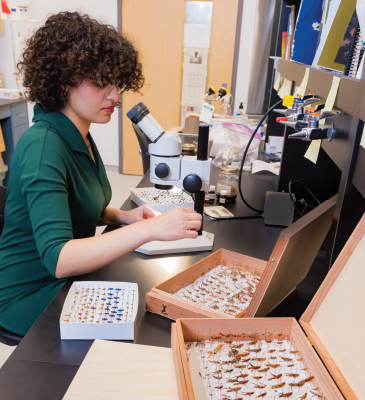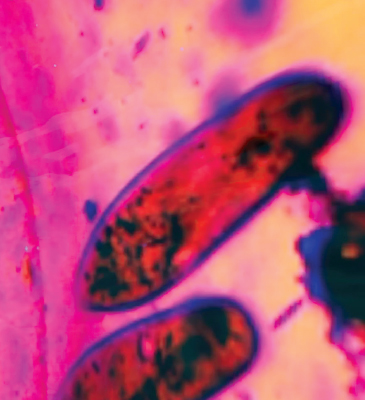A recent study by Brazilian scholar Claudio Antonio Klaus Júnior, who conducted part of his research at York University’s Osgoode Hall Law School as an international visiting research trainee, unveils critical insights into the sanitation disparities between Santa Catarina, Brazil, and Ontario, Canada.

The study, titled “Law, Sanitation, and Sustainability: A Comparative Analysis Between Municipalities in the State of Santa Catarina, Brazil, and the Province of Ontario, Canada in Light of Sustainable Development Goals 6 and 11,” reveals a stark contrast in sanitation access and quality between the two regions, despite over 99 per cent of the population in both areas having access to potable water.
The research highlights that between 2019 and 2020, Brazil saw a slight increase in sewage collection, from 74.5 per cent to 75.7 per cent. According to the study, a significant portion of the population, 47.6 per cent, still lacked sewage collection services, and only 55.8 per cent were connected to the sewage network. This is in sharp contrast to Ontario, where efforts towards improving sanitation infrastructure have been much more consistent and effective.

Klaus’s work emphasizes the urgent need for informed policies and investments in Brazilian sanitation infrastructure. It illustrates that more than half of the municipalities in Santa Catarina, Brazil, lack sewage services, and many still need plans to meet the sanitation universalization goal set by the legal framework.
This research serves as a call to action for Brazil to collaborate with Canada to exchange best practices to enhance quality of life and environmental sustainability through improved sanitation services.
This study has garnered attention and praise from the Ministry of Cities ombudsman in Brazil and Canada’s minister of environment, who acknowledged its alignment with Canada’s commitment to environmental sustainability.
With support from the Santa Catarina Research & Innovation Support Foundation (FAPESC) in Brazil, Klaus, who holds a master’s degree in development and society from UNIARP, focuses his research on the intersection between sanitation, law and sustainable development.
Read more

York researcher traverses tick-infested terrain to beat back insect apocalypse
A PhD student at York University is studying the effects of climate change on insect decline

Young innovators look to commercialize research with York fellowship
Four budding researchers at York University receive support from VPRI to help bring their products to market

Connected Minds: one year later
Neural and Machine Systems for a Healthy, Just Society - York University’s major research initiative, funded in part by the Canada First Research Excellence Fund - celebrates its first year of achievements

York-Queen’s art project combines VR with Anishinaabe philosophy to explore water’s hidden depths
A York University professor has partnered with a Queen’s University professor to create an immersive 3D experience that sparks critical conversations about the global water crisis
